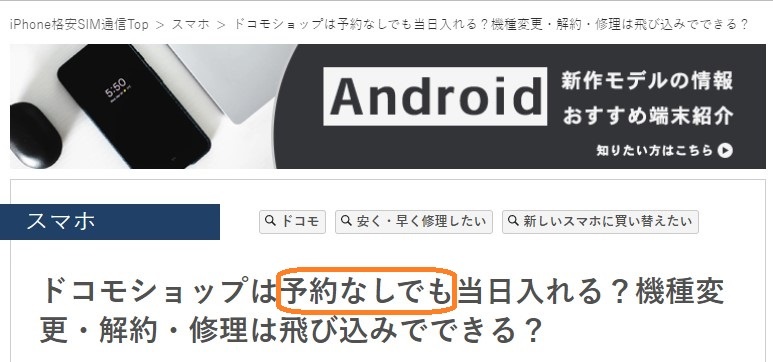The noun なし (nashi) means without.
The meaning and use of なし is similar to the verb ない, although not exactly the same. なし originates as an adjective, but over time its use made it more similar to a noun.
In this post we learn more about the meaning of なし, how it is formed, and when なし is used through real example sentences.
How なし is formed
なし is often found as a suffix, and is mostly used in some common expressions such as: 問題なし, 異常なし, 文句無し.
It is therefore sufficient to follow a noun with なし:
休日なしで働く。
Working without holidays.
なし can also be found in its kanji form 無し, which uses the same kanji as ない.
How and when to use なし
なし is the same word as ない, but in modern Japanese these two terms are distinct as their usage is different.
Like ない, なし means not exist, not present, without, missing. We can see an example where the meaning of ない and なし is the same:
問題ない。
No problem.
問題なし。
No problem.
Although なし is an adjective, it is considered a noun, and used as such.
We can characterize the use of なし according to the following guidelines:
- なし is commonly linked to other nouns without using any particle, while it is more common to use a particle with ない (問題がない)
- Since なし is considered a noun, it can be followed by the copula だ, by the particle の, and by に to become adverb. In this sense, なし has the same meaning and usage as ないこと
- なし can be translated as
notorwithoutdepending on the case
なしで - Without
One of the most common uses of なし is when it is followed by the particle で. なしで (nashi de) means without something, where the particle で indicates the missing medium or thing:
あなたなしで生きていけない。
I can't live without you.
In this sentence, the particle で indicates that without (なし) you (あなた) I cannot live (生きていけない).
なしに
We can also find the particle に instead of で. なしに (nashi ni) takes on the same meaning as なしで: without.
今日は昼飯なしにする。
I decided to go without lunch today.
なし、なしに and なしで on the Internet

子育て中の車なし生活
Living without a car while raising children
車なし子育て歴5年のママの意見も紹介
It introduces also some opinions from mothers who have been raising children without a car for 5 years.
0:00.00
-1:0-1.00
こら、こら、こら、こら!許可なしに入ってはいけません!
Hey, hey, hey, hey! You can't enter without permission!
0:00.00
-1:0-1.00
台風の作物への被害は涙なしには語れない。
I can't talk about the damage to crops caused by the typhoon without crying.

テレビなし生活でテレビの代わりになる動画サイト6選-10年の体験
6 video websites that can replace TV in a life without TV - Ten years' experience

ドコモショップは予約なしでも当日入れる?機種変更・解約・修理は飛び込みでできる?
Can I go into a Docomo Shop on the same day without an appointment? Can I pop in for a model change, a contract cancellation or for servicing?
- なしでも
nashi demoeven without - 予約なしでも even without an appointment
Examples of なし
今この刹那の愉悦に勝るものなし!
In this moment there is nothing that surpasses the joy of this instant!
スピード昇格間違いなしだ。
A fast promotion is certain.
お互い隠し事はなしにしましょう。
Let's not have secrets between each other.
堅苦しいことはなしだ。
No need to be so formal.
Similar grammar points in Japanese 📚
申し訳ございません
申し訳ございません (moshi wake gozaimasen) Meaning Japanese Grammar - I Apologize
わけがある
わけがある (wake ga aru) Meaning Japanese Grammar - There Is a Reason If
わけがない
わけがない (wake ga nai) Meaning Japanese Grammar - There Is No Reason That
わけではない
わけではない (wake dewa nai) Meaning Japanese Grammar - Does Not Mean That
わけだ
わけだ (wake da) Meaning Japanese Grammar - That's Why...
わけが分からない
わけが分からない (wake ga wakaranai) Meaning Japanese Grammar - Absurd